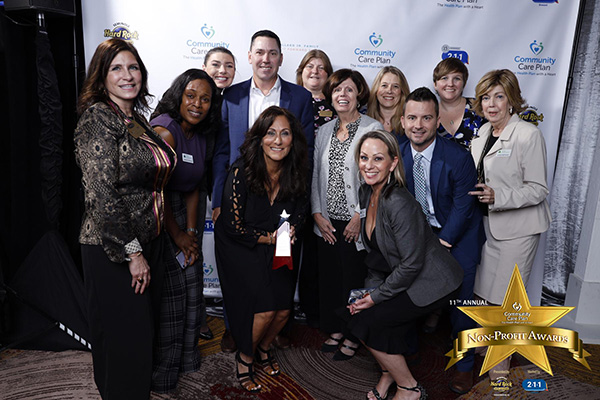By Hannah Henry, Manager of Marketing & Public Relations, Brand
Junior Achievement USA
From Kindergarten to fifth-grade, most children do not have a clear understanding of finances or money in general. What they learn at this stage in life are concepts that will continue to build as they grow older. While at this stage in their lives, they don’t have bills or loans to worry about, it puts their financial future on the horizon and gives them something to think about as they get older.
To put your child ahead of the curve, there are countless ways to introduce every-day transactions and learning-moments! Here are the primary milestones that elementary students are struggling with and ways that you can get your child more confident with outside of the classroom:
Grocery Store
While at the grocery store or any place of business, there are tons of opportunities to show your child the thought process and money concepts you use to make your decisions. Be sure to take a few seconds when you’re deciding between two items to discuss what you are using to determine which product or service is better than the other and why you are choosing a particular one. As you go down an aisle that contains products that are not a necessity but are something you want, discuss the difference between needs and wants. Include how by picking a want you may be sacrificing another product that was also want (or even a need) on your list, explain that this concept is called opportunity cost.
Once your shopping trip has been brought to the register, note that while you know everything has a cost, your child might not. Explain to him or her that all of the products you picked up at the store have a cost as well as taxes that are added to them. The taxes that are included are called sales tax, which states and local governments impose that help pay for schools, roads, police and fire departments. While the concept of taxes goes far deeper than this, it will begin to create the foundation for further growth and understanding in the future. This is also a perfect time to explain to your child what method of payment you are choosing and why. This will get him or her more familiar with money options available in the economy.
Banking
Before exposing your child to the concepts or mortgage companies, credit unions, and investment banks, start with the primary institution where money is held, your local bank or even internet banking app. This is the heart of financial literacy as children learn how savings, currency, deposits, and types of money typically start their journey here.
Tell your child what you want to accomplish while you are at the bank and what you will have to do in order to accomplish this goal. When depositing a check, tell your child about the deposit form you fill out and what it will do when it is processed through the system.This is also a great time to set your child up with a savings account; this will teach him or her that it is never too early to start and that by beginning early, they are preparing for their future.
Home
Finally, after the trip to the bank and the grocery store, you’re home. The place where families come together to discuss their day, what they did, learned, and what they are excited for in the future. This is the perfect place for conversations of budgeting/money management and charitable giving goals!
A survey conducted by the American Psychology Association found that 95% of those surveyed believe parents should talk to their children about money, yet only 64% said they were taught to manage money correctly, and 37% responded that they speak with their family members on the subject of money. There lies an area of opportunity for you and your family to come together.
Budgeting is one of the most important pieces when it comes to financial success. Creating a budget, managing the budget, and sticking with the budget. Bring your children into the conversation when you are creating the family budget. If you don’t create one, now would be a great time to start! Include all of the living expenses like home/mortgage, utilities, car costs, insurance, etc. From there examine what is being spent on the non-urgent resources included in your family’s every-day living. By doing this, you’re not only enlightening your child to the real world of the expense of life, but you are also enabling them to start a habit of their budgeting and saving for the future.
If your child receives an allowance, be sure to convey that while their money circulates throughout the world, it is in their hands to determine what to do with it. Are they wanting to spend it, save it, or perhaps give it to a charity? These money decisions should be your child’s as they worked for it. Be sure to provide them with some advice as to what it could go towards long-term versus short-term, or what it could accomplish by assisting an organization that seeks to make changes locally or globally.
With all of these opportunities to share your knowledge of money with your elementary school child, you are not only arming him or her with the knowledge to make better decisions for the future, but you are assisting them to develop on concepts that are crucial to future development.
For a list of resources for your elementary school student, check out Junior Achievement of South Florida’s programs here!



